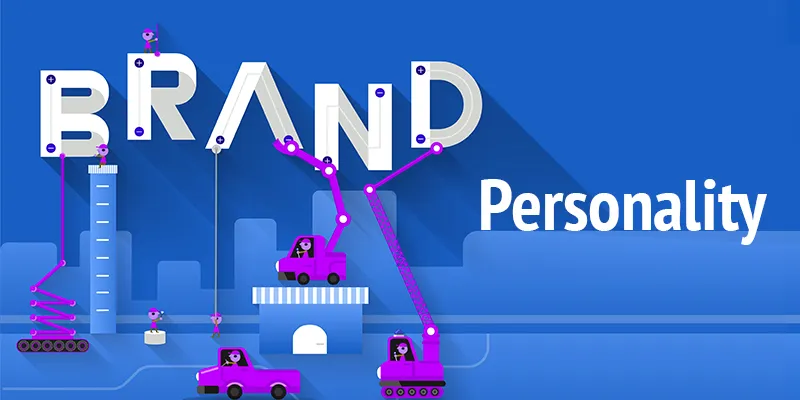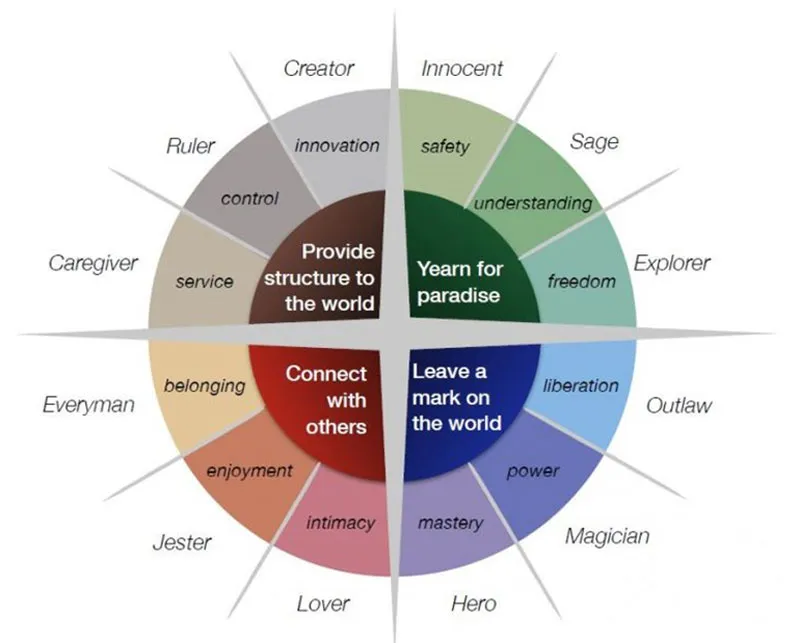Why startups must figure out their brand personality before kickstarting any kind of marketing
A couple of weeks back, I met a young entrepreneur via Twitter asking for advice on which digital marketing channels to go with while launching his product. He was keen to know how much he should spend on PPC (Pay-Per-Click) advertising and which social media channel will work for his B2B product.
But I had to disappoint him.
While I realised he had a decent product, he viewed marketing as a “choice of channels”, and not an extension of his own product. Which is scary.
So when he asked about which digital medium to go with, I had to ask him to figure out his brand personality first. It is imperative that you look at “what” and “how” you are going to talk about yourself, before choosing “where” to talk about yourself.
This is where a branding exercise comes into the picture - and no, I don’t mean coming up with a logo design and selecting a typeface. Branding is a huge playground.

It is what separates you from your competitors
Why do you think people choose Coke over Pepsi, or vice versa? People can hardly decipher the difference in their tastes but still they lean heavily towards one or another.
It all boils down to branding.
What the brand communicates and how it does it is what separates it from its biggest competitors. In the absence of branding, you and your competition will be talking in the same language; and that is the last thing you’d want.
If you want to capture the mindspace of your target audience, you must decide how you should communicate with them such that it makes you stand apart.
People can connect with you on an emotional level
When your startup talks with your target audience in a robotic monotonous way, they cannot associate with you at any level. As a startup, you must connect with your audience on an emotional level, where they start associating you with certain personality traits.
I am sure you must have come across several customer care executives who talk in the most mundane manner. Imagine if they were jovial or at least understanding - even if they fail to help you, you’d still not be mad at them. That is the power of communication.
When you figure out your brand’s personality and communication style (in other words, storytelling), you realise that talking to your target audience becomes a simpler process, and you tend to win over them.
It turns customers into loyalists and loyalists into evangelists
Taking a step ahead from the previous point, your brand personality will also define your ethos and culture. This ensures that you not only communicate effectively with your customers, but also deliver efficiently.
While I can give examples of Uber, Amazon, Apple, Dell etc., here, I would like to pick up a desi brand that is actually a restaurant - Maharaja Bhog. If you ever go to this place, you will be awed by how they greet you and talk with you as if you are a king. This is just a tip of the iceberg, however.
The way they serve food, the seating, the ambience, the size of the thali, all are befitting a Maharaja. Heck, they even insist that you eat more if you say no to another serving. An approach like this will instantly make anyone fall in love with them.
If you can replicate a similar approach in your product/service, imagine the number of people who will end up becoming your evangelists!
What next?
If I have convinced you to figure out your brand personality before you write your first ad copy, I would suggest that you bring all the key stakeholders of your team together and brainstorm on what kind of personality your startup should go with.
This includes your core team (and those who directly communicate with the customers), your customers, your investors and your vendors (if any).
I would also suggest that you read up on Brand Archetypes - introduced by renowned psychiatrist Carl Jung and built upon by Dr Carl Pearson. This is a good resource to identify which personality you can go with to appeal to your target audience.

Image Source: Emily Bennet
Figuring out your brand’s personality is a wonderful journey which will lead you to come up with marketing campaigns that deliver results.
(Disclaimer: The views and opinions expressed in this article are those of the author and do not necessarily reflect the views of YourStory)







